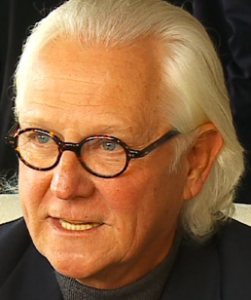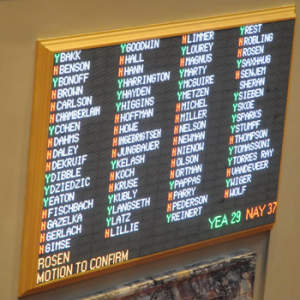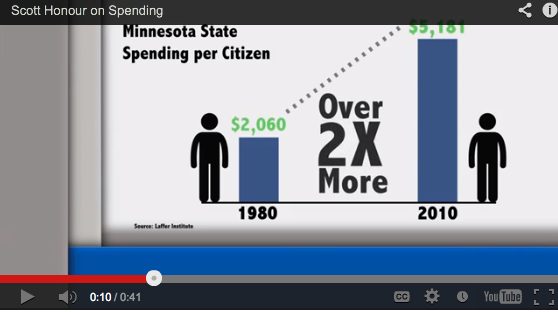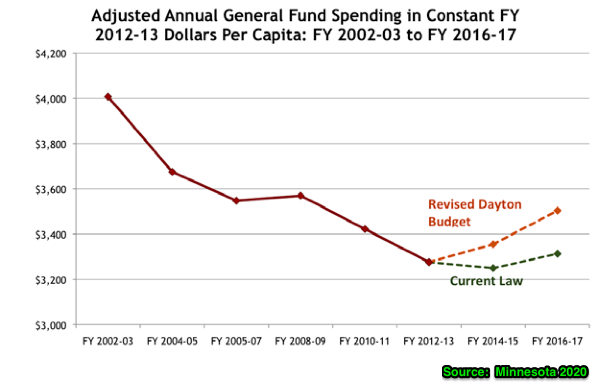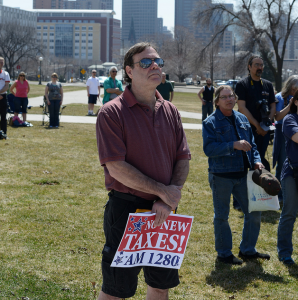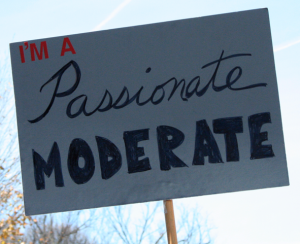 And what shall we name our new little crown jewel? No, I’m not talking about His Royal Highness Prince George Alexander Louis of Cambridge. I’m talking about the long-gestating stadium of Minneapolis, formerly known as Mall of America Field, formerly known as the Hubert H. Humphrey Metrodome.
And what shall we name our new little crown jewel? No, I’m not talking about His Royal Highness Prince George Alexander Louis of Cambridge. I’m talking about the long-gestating stadium of Minneapolis, formerly known as Mall of America Field, formerly known as the Hubert H. Humphrey Metrodome.
The stakes for this little name game are high. The owners of the San Francisco 49ers recently negotiated a stadium naming rights deal worth $220 million over 20 years with Levi Strauss, an obscure little brand desperate to buy itself some name recognition. Vikings owner Zygi Wilf hopes to secure a cool $10 to $15 million per year off of naming rights of the new stadium.
The Wilfs have hired a firm to handle this task in Minnesota, Van Wagner Sports and Entertainment. The naming guru at Van Wagner, Jeff Wagner, gave us “Target Center” a few years back.
But I am willing to offer my services for free. After much research, here is my detailed analysis:
U.S. Bank Stadium. This is the front-runner, because U.S. Bancorp is local, and because financial institutions are big into the stadium naming game these days.
- Pro: They’re sitting on lots of money and not lending much, so why not buy yourself a vanity plate?
- Con: Brand confusion. Another crappy football team already has “The Bank” on the east bank, so adding a second “The Bank” branch on the west bank just would make everyone’s heads hurt.
Land O Lakes Stadium. It would make a lot of sense for our local dairy food processor to want to put its name on the asymmetrical building that looks like a half eaten block of butter.
- Pro: Sounds like a melodic description of the Vikings’ beautiful home state, not like just another corporate commercial.
- Cons: Our neighboring rivals may have the corner on all dairy-related branding.
Wheaties Stadium. If General Mills wants in, I hope they lead with their top sports-related brand rather than the parent company brand.
- Pro: “Wheaties” connotes “champions,” our aspiration.
- Con: “Wheaties” connotes “champions,” which would bring immediate false advertising charges.
3M Stadium. 3M, formerly known as Minnesota Mining and Manufacturing, is an iconic Minnesota company that produces world famous products such as PostIt Notes.
- Pro: Ultra-compact two-letter name dramatically saves on signage costs.
- Con: Sets up endless hilarious post-game punchlines for our beloved Wisconsin friends: “You know what the three “m’s” in 3M Stadium really stands for, don’t you?”
Matt’s Bar Stadium. If we must have a stadium named after a business, why not one that Minnesotans actually like, such as the loveable home of the Juicy Lucy in south Minneapolis.
- Con: They may not have quite as much money as U.S. Bank to pony up.
- Pro: It would be a homage to small businesses, which quietly account for half of Minnesota’s private sector jobs, while remaining “small enough to fail” without need of taxpayer bailouts.
OmniSynCorp Stadium. OmniSynCorp is a little known start-up company that spent all its seed capital on hiring a corporate naming firm that now badly wants to see its name in lights.
- Con: Promoting a business that will be in Chapter 11 in a few months may ultimately reflect poorly on the home team’s brand.
- Pro: The corporate naming firm promises that the corporations’ bleeding edge brand represents “an iconic homage to the game-changing synergistic synergy imbedded in our value-added values.”
Target Stadium. I mean, why not? We already have Target Center, Target Field, the Target Public School system, and Target Politicians.
- Con: It’s unfair to poor Walmart.
- Pro: It’s the soothing symmetry that only monopolies can offer.
People’s Stadium. Governor Dayton famously promised us this would be a “people’s stadium,” not just the Vikings’ stadium, which persuaded the people of Minnesota to put up a half-billion dollars to pay for the joint.
- Con: It’s vaguely Soviet.
- Pro: Justice.
– Loveland
Note: This post was also featured as a “best of the best” by MinnPost Blog Cabin.

